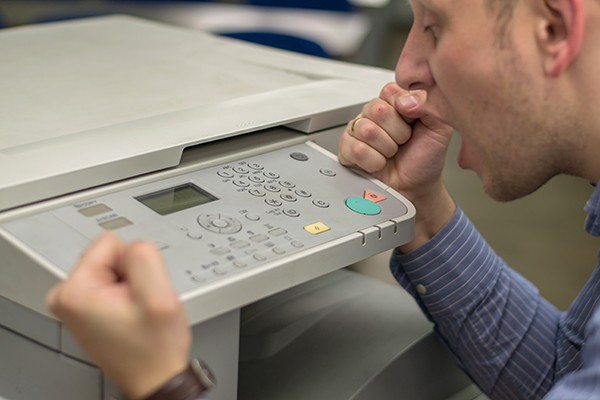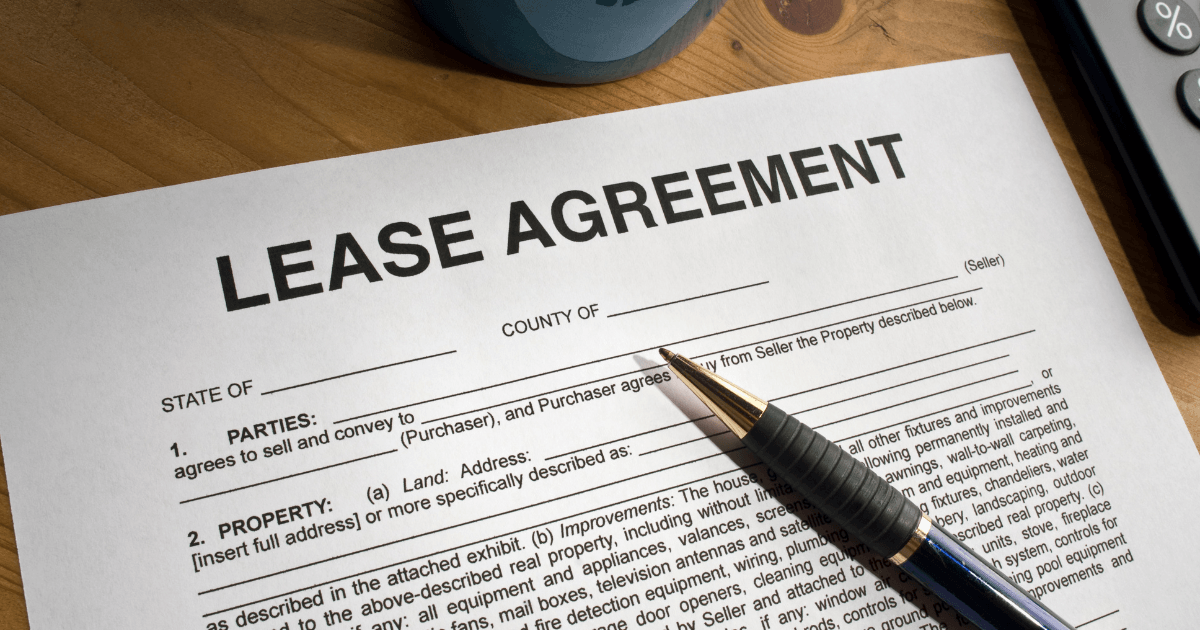How to Find the Right Copier for Your Business
As an IT Manager, Purchasing Manager, or Office Manager, one of your many responsibilities is to ensure your office is equipped with the right...
4 min read
Heather Trone Apr 17, 2023 7:45:00 AM

 As an IT manager, you're responsible for making critical decisions about your business's technology infrastructure. One of those decisions involves selecting the best copier for your company's needs. This can have a significant impact on productivity and efficiency. In this post, we'll discuss the key differences between buying and leasing a copier, as well as the pros and cons of each option. Our goal is to help you make an informed decision that delivers maximum value for your organization.
As an IT manager, you're responsible for making critical decisions about your business's technology infrastructure. One of those decisions involves selecting the best copier for your company's needs. This can have a significant impact on productivity and efficiency. In this post, we'll discuss the key differences between buying and leasing a copier, as well as the pros and cons of each option. Our goal is to help you make an informed decision that delivers maximum value for your organization.
When it comes to acquiring a copier, the primary difference between buying and leasing is the financial commitment involved. Buying a copier means making a substantial upfront cost, while leasing allows for smaller, more manageable monthly payments. Let's dive deeper into the financial implications of each option.
In today's rapidly changing business environment, staying up to date with the latest technology is crucial. The speed at which copier technology advances can make it difficult to keep up, so it's important to consider how your decision to buy or lease will impact your organization's ability to stay current.
Copiers, like any complex piece of equipment, require regular maintenance and support to ensure optimal performance. The level of support you receive and the costs associated with maintenance will depend on whether you choose to buy or lease.
As your organization grows and evolves, so too will your printing and copying needs. Flexibility and scalability are important factors to consider when deciding whether to buy or lease a copier.
 Now that we've covered the key differences between buying and leasing a copier, here are some practical tips to help you make the best decision for your organization:
Now that we've covered the key differences between buying and leasing a copier, here are some practical tips to help you make the best decision for your organization:
The decision to buy or lease a copier is not one-size-fits-all. As an IT manager, you'll need to carefully weigh the pros and cons of each option, considering factors like cost, technology updates, maintenance, and scalability. By following the tips outlined in this post and consulting with your IT team and financial advisors, you'll be well-equipped to make the best decision for your organization.
Fraser Advanced Information Systems is one of the region's largest copier and office equipment dealers. As a multiline dealer, we provide solutions from Sharp, Canon, Lexmark and more. Let us evaluate your print environment and help you answer your questions about a new print fleet for your business.

As an IT Manager, Purchasing Manager, or Office Manager, one of your many responsibilities is to ensure your office is equipped with the right...

When it comes to leasing a copier for your business, there's a lot of information out there. Unfortunately, not all of it is accurate. Many buyers...
.png)
Selecting between leasing and buying a copier is a big decision for any business. Not only does it impact your budget but also your day-to-day...